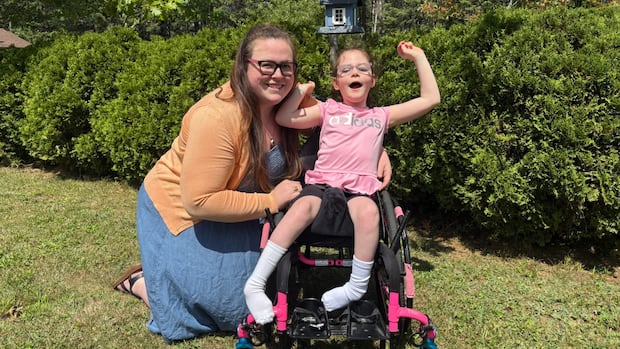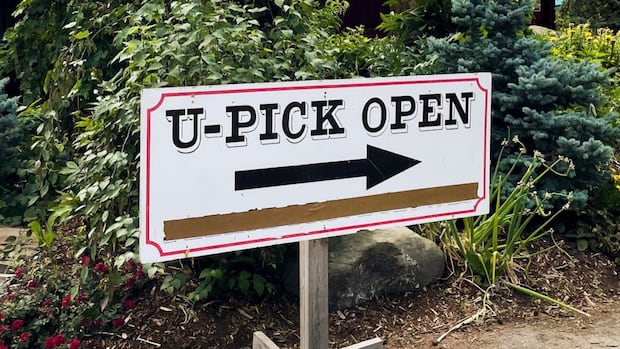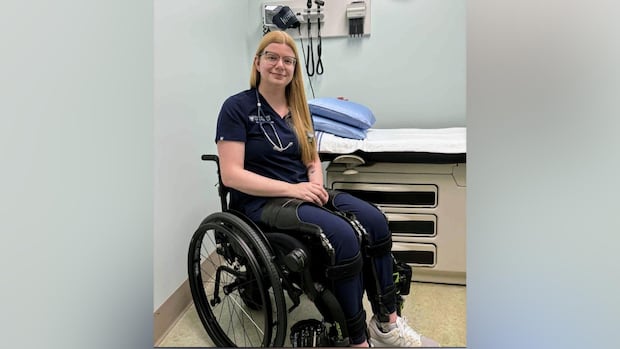It was a tongue-in-cheek moment at the Nova Scotia Nurses’ Union’s annual general meeting a few weeks ago when president Janet Hazelton egged on the health minister to do more to hire American nurses.
“I’ve gotten emails from several nurses from the U.S. that want to move here … apparently they’re having issues with their leadership,” she joked. “Maybe you could give the college a little nudge … We should be taking these nurses!”
While the interaction brought chuckles at Hazelton’s poke at the political climate in the United States, it came with a serious question: Why did Nova Scotia pause a fast-track licensing program for international nurses, just when some Americans are eyeing a move north?
But the regulatory body in charge of licensing nurses wants people to know the door to American nurses is still wide open, and staff will do everything they can to expedite applications flagged by employers.
“Nova Scotia is a cool place and you should come,” said Douglas Bungay, the new CEO and registrar of the Nova Scotia College of Nursing.
“We will work with them directly to ensure that anyone with a job offer and American licence — registered nurse or licensed practical nurse — if they have a job offer, we are still able to expedite them.”
Nova Scotia Health says that is happening. Since January, 15 registered nurses and three nurse practitioners have been hired from the U.S., and it says its recruitment efforts have been gaining momentum.
The confusion comes after the college paused the fast-track system, which aimed to process international licence applications from seven countries in 30 days. The slower licensing pathway has not changed and remains open.
The fast-track program was launched in 2023 to help fill urgent needs in the province’s health-care system.
The hope was to receive 500 applications, said Bungay.
“We had 8,000 in the first week,” he said, adding that the response was so overwhelming that the computer system failed several times in early days.
By the time the program was paused in January, there were more than 30,000 applications from international nurses to work in Nova Scotia.
More staff hired to deal with backlog
Bungay said the college ended up hiring 30 staff to process applications and try to keep up.
While nurses were approved, nearly one-third of them didn’t end up working in the province. Some used their new licence to apply to work in other parts of Canada.
Others struggled with the immigration process.
“Employment means housing, it means medical care, it means spousal support,” said Bungay.
“Even when employment is available, it’s not as simple as just putting one nurse into one job. The system needs to be able to support their transition to practise.”
6,000 applications expected to be approved
Bungay said the college finally decided to hit pause on new applications, and said staff have finally caught up with the backlog that was in the queue. He said every applicant has now heard back, with some requiring more paperwork or information before a decision can be made.
He expects about 6,000 — or one-fifth of the original applicants — to be approved, adding that the expedited system still needed to ensure safety and quality control.
The update was news to Janet Hazelton, who agrees that the expedited process needed to be paused and re-evaluated.
“We have a thousand vacancies, so there is jobs,” she said. “There is a need, we just need to figure out what the problem is and fix it.”
She’s concerned that potential American candidates aren’t being given clear messaging on how to work here, calling it a chicken-or-egg conundrum in trying to determine if they need a licence or a job offer first.

She is pushing for a renewed emphasis from the province to encourage nurses in the United States to come to Nova Scotia, especially Canadians who previously left home.
“Even if it’s one or two or 10, we have so many vacancies that any nurse that wants to come from the U.S., it should be an easy thing to get here, it shouldn’t take months to make that happen,” said Hazelton.
“It’s important because their education is so similar. Language barriers are not usually an issue. They can transition into our system quite easily.”
Bungay said his office understands the need and the urgency, and they’ll do everything they can to get more qualified nurses on the ground.
“Once we have a completed application and we have all the documentation we need, we can license someone within very short order,” he said.
MORE TOP STORIES







